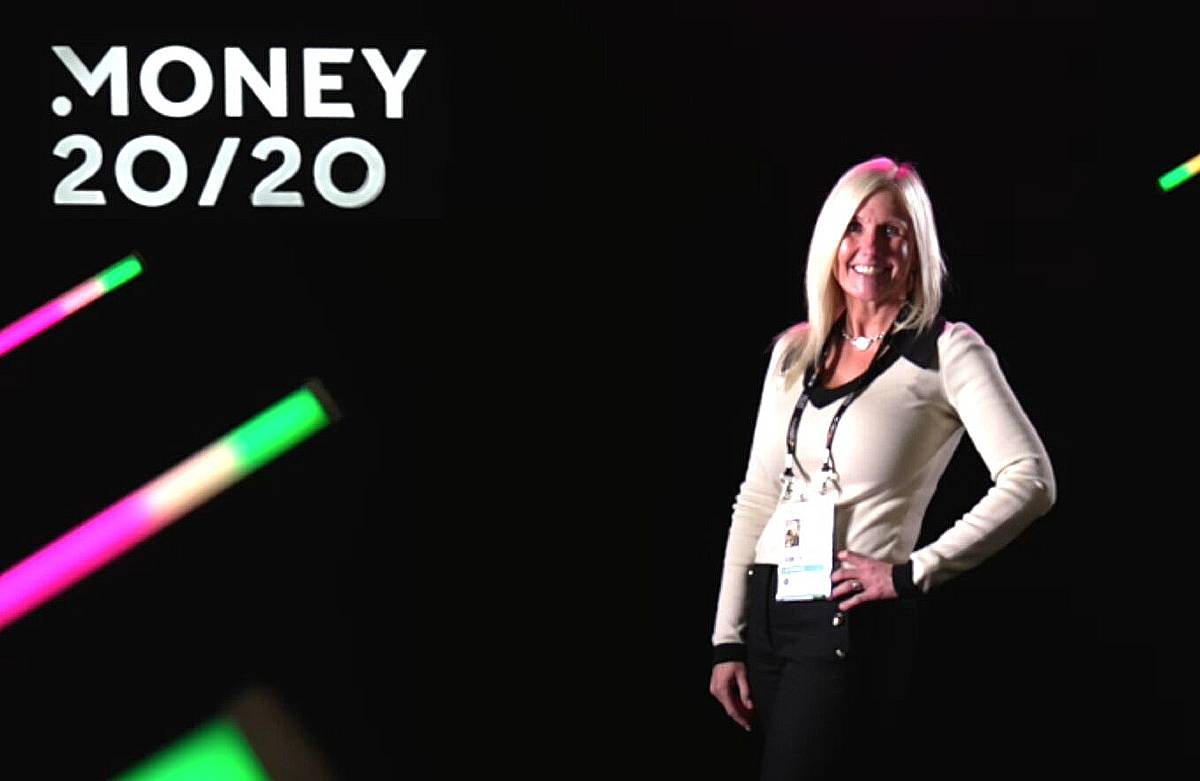If you’re like most institutions, a customer address change triggers a letter to the old address and the new one. But right now, two trends are converging that make it the optimal time to rethink this process
First, institutions are looking to cut costs. Many have balance sheets ballooning with unexpected expenses associated with COVID-19. An expense line showing $1 per address change adds to that sting.
At the same time, institutions are accelerating their digital transformation agendas and seeking opportunities to replace inefficient, paper-intensive processes with streamlined automated ones.
In this five-minute podcast, Kevari CEO Adam Elliott talks about the benefits of ditching address-change letters and switching to a real-time, risk-based solution that assesses the identity-fraud risk of every profile change.
A digital solution automatically runs behind the scenes, activating massive databases and context-aware scoring to assess the riskiness of every address, phone number, and email address change. To significantly reduce operational and investigative expenses, this method uses data-driven intelligence to answer the fundamental question: “Based on all of the information available, does this address, phone number, or email change make sense?”
If the risk is below the institution’s threshold, then fraud investigators can accept the change without any manual intervention—and satisfy associated compliance requirements. In cases where the change is assessed as suspicious, the institution’s fraud investigation team digs deeper.
This automated, digital approach is more efficient, cost effective, and better at reducing fraud losses in today’s digital banking environment. There’s never been a more perfect time to retire those antiquated address-change letters.





